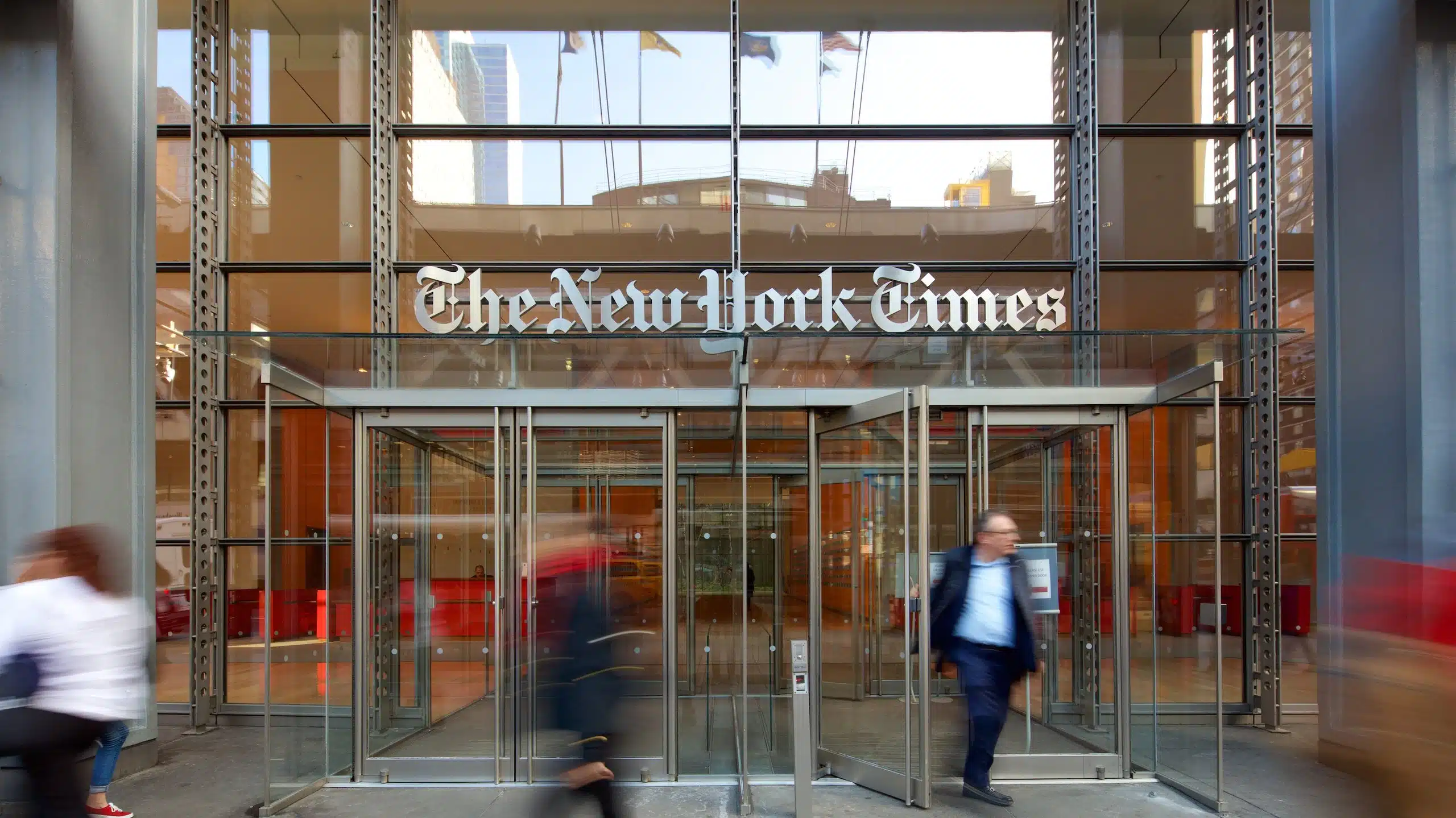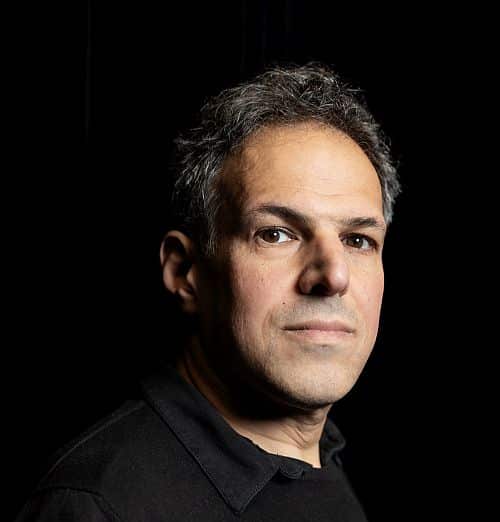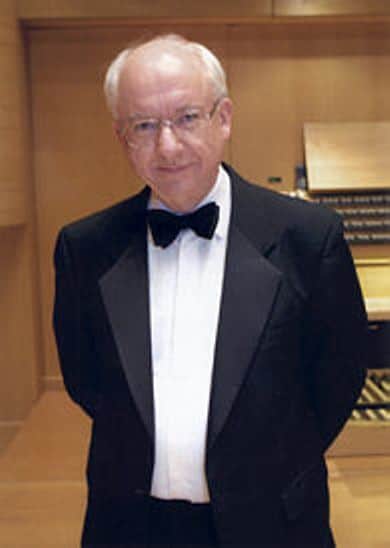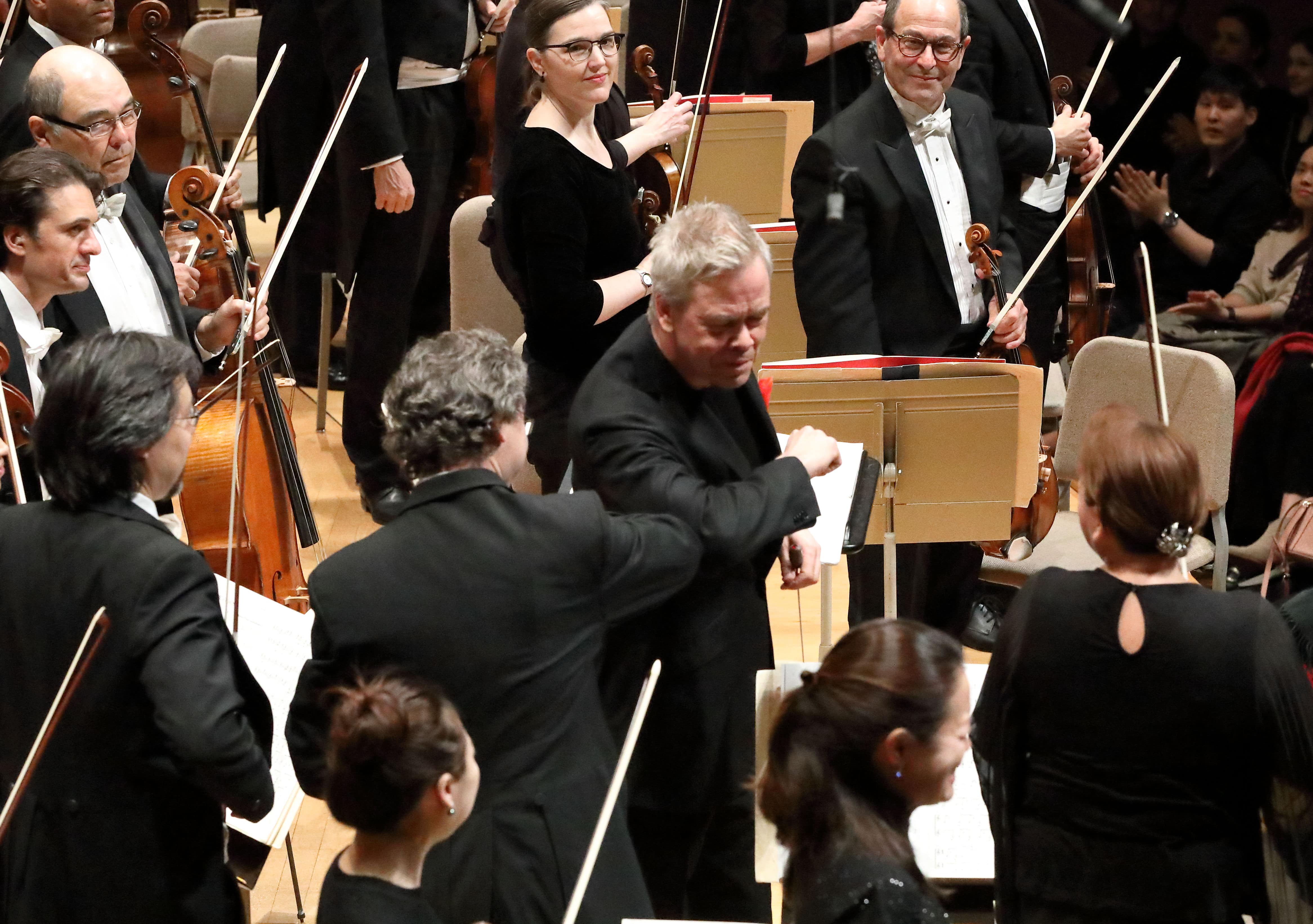The decline and fall of classical music at the New York Times
NewsA couple of years before Covid, the NY Times stopped reviewing all the classical music that’s fit to print. After a century or so of covering the musical waterfront, the paper scrapped smaller venues and confined itself to big nights at the Met, the Philharmonic and Carnegie Hall. No more town-hall debuts, no more feelgood symphonies.
Since Covid, things got worse. Not only do visiting ensembles and recitalists hardly ever get reviews, some really news-making events slip through the editorial net. Two eyepopping recent omissions were failures to review Gurrelieder at Carnegie Hall and Kathleen Battle’s sold-out recital at the Metropolitan Opera (which gave the Wall Street Journal a free hit).
This is more than just an executive decision to withdraw from an artform. It’s a failure of journalism at newsstand level if the Times cannot be trusted to tell news from PR-shmooze. And, right now, it can’t.
Recent puff-pieces on the Boston and San Francisco symphonies showed Times reporters to be skewed and ill-informed. A fly-in feature on Vienna’s two opera houses ignored stagnancy at the Staatsoper and a rapid turnaround of music directors at the Volksoper. The depth of knowledge that prevailed at the Times when its critics included John Rockwell, Tim Page, Anne Midgette and Allan Kozinn has dissipated into a journo-school haze of he-said, she-said. Zachary Woolfe, the chief music critic since 2022, is conspicuous by his low visibility.
The impact on classical music in New York is widely felt. Promoters say a piece in the Times is no longer worth the effort. Performers feel abandoned by a paper they once used first for puff-quotes. Reader comments about the loss of reviews are censored out by moderators. There is a growing sense that the Times no longer speaks to the opera and concertgoing community.
Go ahead, contradict me.
This is a public conversation that needs to happen. If the Times won’t permit it, let’s start the ball rolling here.






Comments